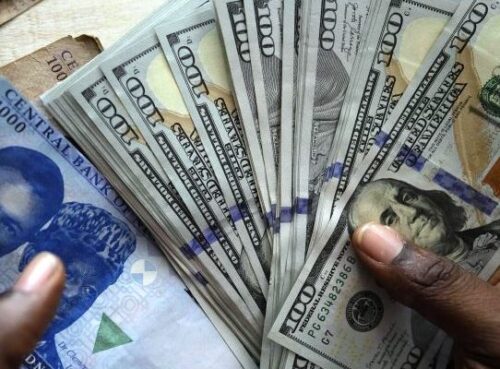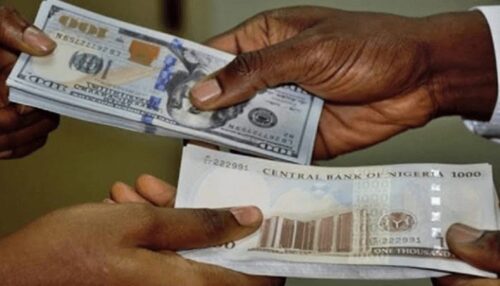
The Nigerian naira experienced a sharp decline against the U.S. dollar in official markets on Thursday, following an announcement by U.S. President Donald Trump regarding a global tariff hike.
Data from the Central Bank of Nigeria (CBN) shows the naira closed at ₦1,552.53 per dollar on Thursday, down ₦20.75 or 1.3% from the previous day’s rate of ₦1,531.25. The currency also depreciated in the parallel market, slipping to ₦1,560 from Wednesday’s ₦1,555.
This depreciation came on the heels of Trump’s implementation of a 10% global tariff on imports into the United States—a move aimed at protecting American industry but with wide-reaching economic implications for global trade and currencies.
Meanwhile, Nigeria’s foreign exchange reserves also dipped, falling by 0.3% to $38.17 billion as of April 2, 2025, compared to $38.30 billion on March 28, 2025, according to CBN figures.
The international oil market also reacted negatively to the tariff escalation. Brent crude dropped by up to 3.2%, reaching $72.52 per barrel, while West Texas Intermediate (WTI) fell below the $70 mark. Though the new tariffs largely exclude energy products, the broader impact on global demand has contributed to a bearish sentiment in the oil market.
This latest round of U.S. tariffs, which targets major trade partners including China and the European Union, marks one of Trump’s most aggressive moves yet in reshaping global trade dynamics—raising concerns about potential ripple effects across emerging markets like Nigeria.



